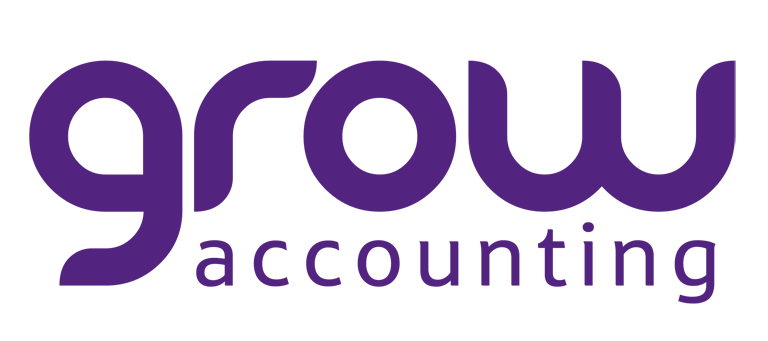
08 Jul 1 July Changes Business Owners Need to Know About
Happy New Year
The real new year’s day, 1 July, heralds a number of important changes for business. We know how difficult it can be to keep on top of priorities so we have summarised the key changes below for the 2020 tax year.
Low and Middle Income Tax Offset
This is the big election promise and the law has been passed which will see taxpayers with a 2019 taxable income below $37,000 receiving a non-refundable offset fo $255 whilc taxpayers earning between $48,000 and $90,000 will receive the fill $1,080. Thos on income in between $37,000 and $48,000 will receive between $255 and $1,080 on a sliding scale relative to their income. The ATO have advised now the law has been passed they will automatiocally include the offset when they process your tax return so there is no need to do anything to receive this benefit.
The key thing to understand about this offset is that it is not refundable, it i s an offset that will reduce the tax you pay. In future years, the offset will be incorporated into the tax tables and passed on through your PAYG withheld from your salary or wage.
Single Touch Payroll
From 1 July ALL employers will need to lodge their payroll information directly with the ATO every time they process a pay run for their staff. This is the case even if your only employee is yourself or your partner. In reality this isn’t going to be a big imposition for employers running a software system for their payroll but will mean a change for employers who maybe only pay themselves once a year when we do your tax planning and review.
The ATO have also indicated their focus this year will on making sure employers understand their obligations rather than applying penalties. If you haven’t yet done anything for your single touch payroll solution give us a call (07) 54489600 so we can talk you through the options.
CLICK HERE for more information from the ATO or CLICK HERE for a list of No Cost or Low Cost STP solutions for your business.
PAYG Summaries
From the 2019 tax year, employee’s may not receive a PAYG Summary from their employer. Employer’s will still have to lodge the information with the ATO. The information previously provided on a Paper (PDF) PAYG Summary is now going tobe available through My.Gov. Employee’s can still request a Payment Summary from their employer.
Tax Deductions for Payments ot Contractors and Employees
It has long been the case that employers cannot receive a tax deduction for unpaid super contributions. As accountants we regularly make reconciling adjustments to bring in the last super payment for last year (due in July 2018) year and exclude the last super payment for this year (due in July 2019). From 1 July, the same ruiles will apply to payments to staff and contractors where the PAYGW reporting obligations have not been met.
This is important because STP is now the reporting obligation so it is even more important employers get their STP solution sorted.
Minimum Wage Rate
The minimum wage increased by 3% to $740.80 per week.
Penalty rates are also changing for several awards including hospitality, fast food, retail, and pharmacy. If you operate in these industries, we recommend you update yourself on the changes or give us a call.
Immediate Asset Write Off
Small businesses can now claim a deduction for the business assets that costs less than $30,000. The previous write-off value was $25,000 which was increased earlier this year. There are also different rules for expenditures incurred since budget night in May 2019 so it might pay to give us a call to make sure your write off is properly maximised.
Payroll Tax
There are changes to Payroll tax in Victoria and NSW.
Victoria has exempted paternity leave payments and included a regional business rate decrease in the rate of Payroll Tax.
NSW has increaased the wages threshhold to $900,000 from July 1 up from $850,000. This means some employers will no longer have to pay Payroll Tax and others paying above the threshhold will save $2,725 a year on their annual Payroll Tax cost.
Superannuation
While not specifically a business issue, the government will be closing any inactive Super account with a balance below $6,000. Funds from these accounts will be transferred to the ATO to identify the fund owner with an active fund. We think it is worthwhile having a look at your super accounts through My.Gov or CLICK HERE to find out how you can search for your lost super.
The ATO estimates this will affect more than 3 million australians. For more information or to have a general chat about what’s going on in your business give us a call (07) 54489600 or drop us a message admin@growaccounting.com.au.


